African American Food
African American Food is ethnic food popular amongst African Americans. It is most times referred to as soul food and has a striking resemblance to cuisines and cooking techniques from West and Central Africa. It has also developed its unique style due to influence from native American and European cuisines.
History of African American Food?
The African American food, famously known as soul food consists of a tasty culinary delight of different types of meat combined with vegetables, eaten as a soup or along with other items.
The style of cooking soul food, thus derives from traditional African cooking.
Contrary to popular belief, Soul food did not begin with the slave trade but represents a well-established style of cooking by Africans in Africa, several thousands of years before the ugly emergence of the slave trade.
Olaudah Equiano, one of the well known victims of slave trade who was picked up as a slave from an Igbo community in what came to be known as Nigeria, to America, but who later bought his freedom, clearly stated in his autobiography what established African cooking style was.
Instead of using hydrogenated vegetable oil, and pork trotters, the traditional African food is cooked in liquid vegetable oil and smoked bush meat or fresh fish, thus genuinely healthy and nutritious, unlike the early African-American soul food discouraged for being unhealthy. The slaves had to eat what their masters did not want and hunt for meat not desirable by the general public.
What Are Typical African American Food?
The typical soul food would be from any of the following meat today:
- Beef
- Pork
- Rabbit
- Seafood
And Vegetables would include okra, black-eyed peas, tomatoes, peaches, broccoli, watermelon, eggplant, sesame seed, sorghum, and collard green. All these are no doubt, very healthy food items.
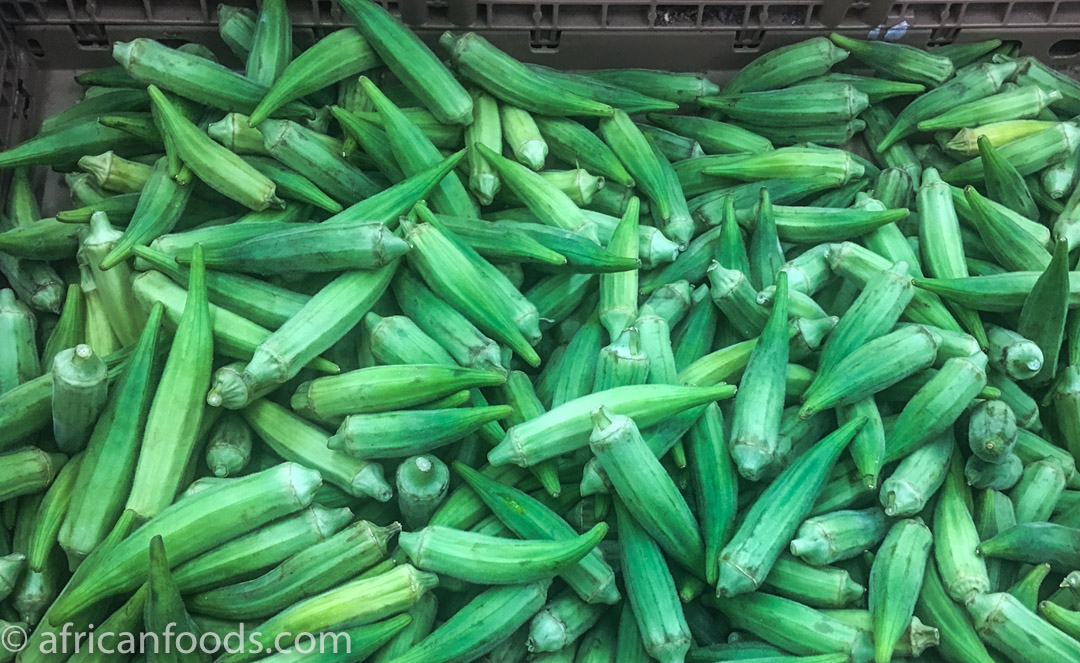 Okra popular vegetable introduced to North America during the slave trade and features in soul food recipes. Okra popular vegetable introduced to North America during the slave trade and features in soul food recipes. |
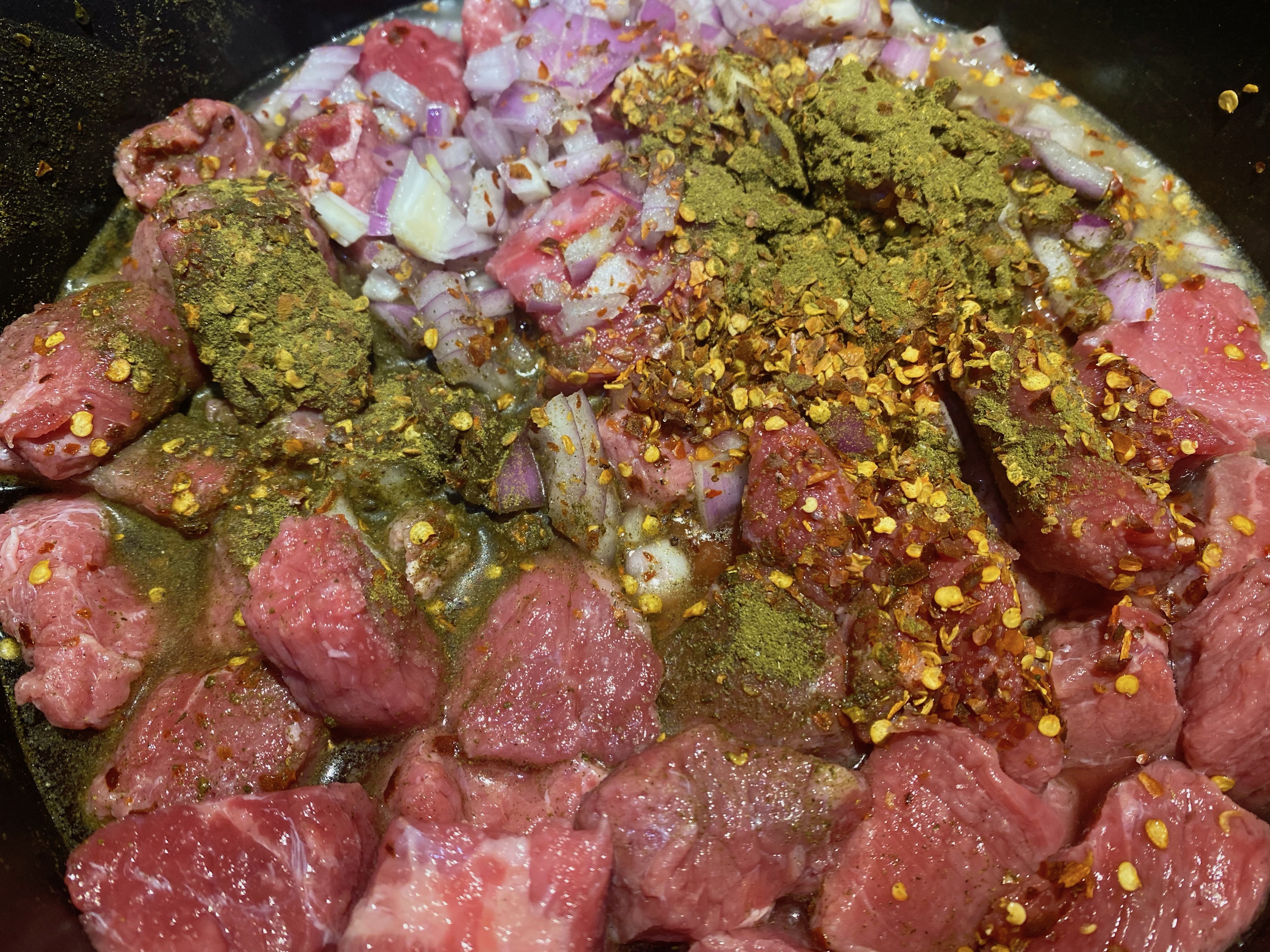 Different types of meat. Different types of meat. |
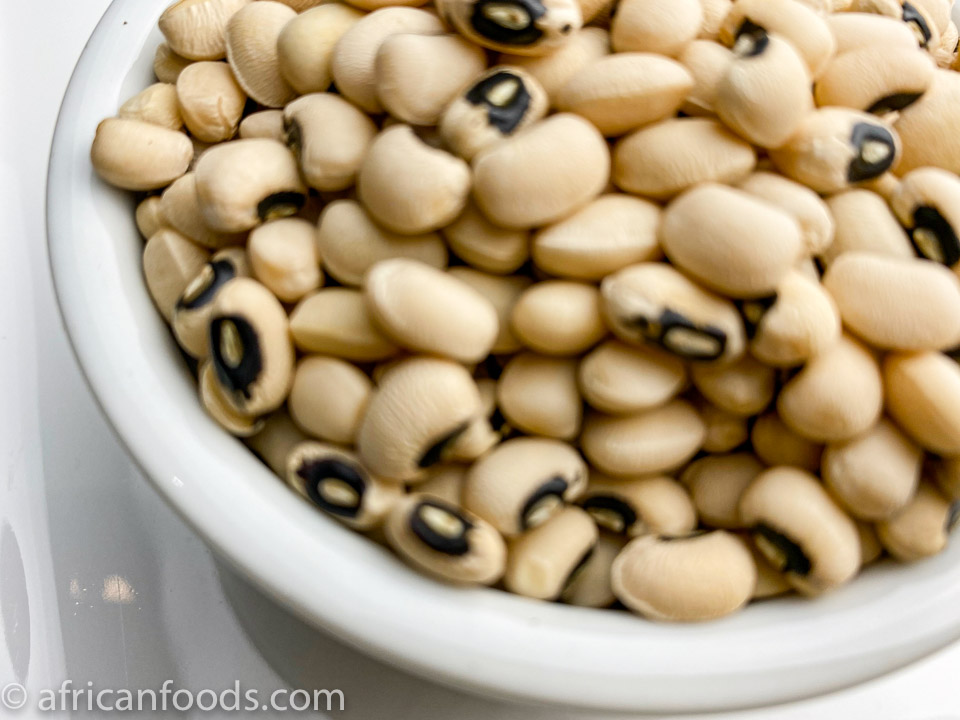 Cowpeas, blackeyed peas or beans, a legume to include in your diet.
Cowpeas, blackeyed peas or beans, a legume to include in your diet.Even though collard green is not typically a component of traditional African food, it is very common in most African –American foods and food recipes today.
Collard green is a very good source of magnesium, vitamin BA, B6, and C, as well as vital ingredients (phytonutrients) which help in the prevention of breast and ovarian cancer. It is superior to broccoli in nutrients and protective constituent.
Sweet potatoes are frequent components of Afro-Caribbean’s and African American food recipes. They (sweet potatoes) are now known to be protective against diabetes, and help to lower resistance to insulin in those who are already diabetic.
Gumbo, Etouffe, Cajun cuisine, regularly features in African American menu, are all very similar to traditional African dishes.
In the whole, African American food when well prepared will provide not only an enjoyable meal, but also a healthy one.
So come on, treat yourself to an African American food today!
Here at Africanfoods, our aim is to promote healthy eating pattern and will only feature healthy recipes that may be sligtly different from what you know. Stay with us as we embark on the journey towards a healthier you.
Want regular updates on African cuisines and food recipes? What about unique health information about these foods - what to eat and avoid to keep healthy from the list of African recipes available?
Fill in the form below to subscribe to our Newsletter - AfricanFoods Weekly?
Worried about spamming? We are too. We will never ever give or pass on your information to anyone else. We will only use your email address to send you your copy of our weekly newsletter. We do have a zero tolerance to spam. We subscribe to a very strict policy on the handling and use of information we gather on this site! We also get paid for affiliate links on this site. See our privacy policy for further details.
Follow us on social media:
Get Our Weekly Newsletter. Subscribe Today. It's FREE.
Subscribe to African Foods Weekly
Get African food recipes, cooking tips, and healthy eating info delivered to your inbox every week. Simply fill in your email below and click SUBSCRIBE .
(Your information will not be shared)
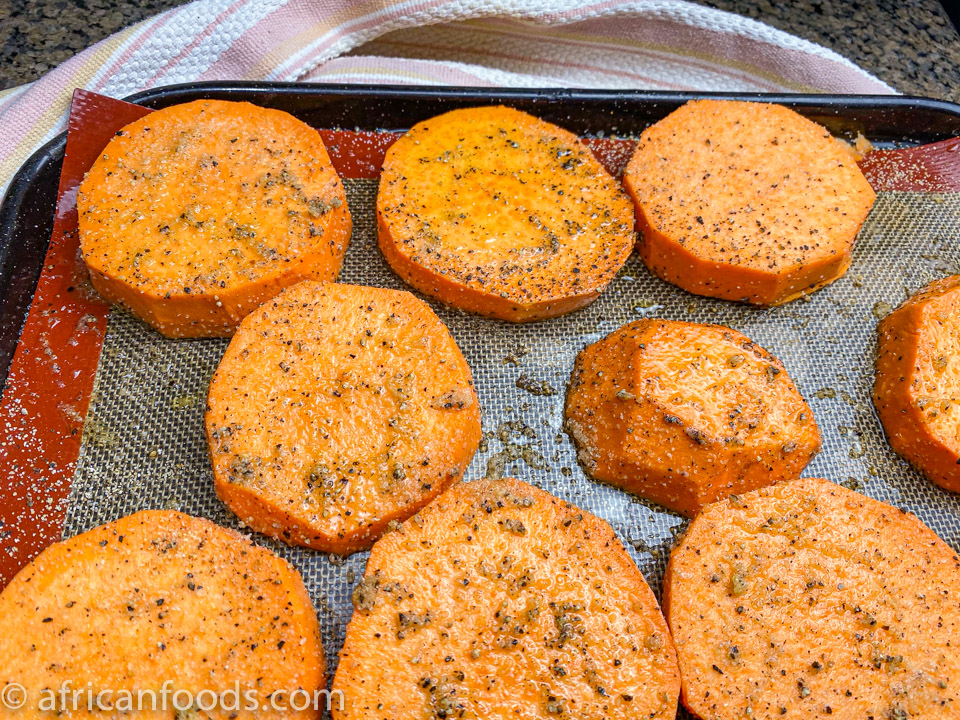
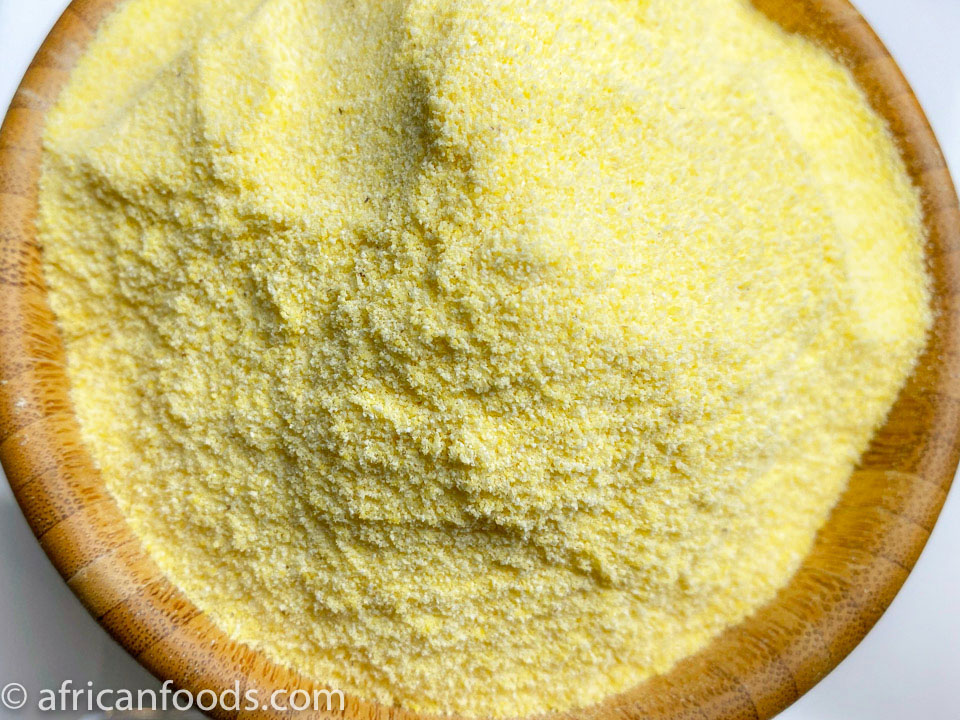










New! Comments
Have your say about what you just read! Leave me a comment in the box below.